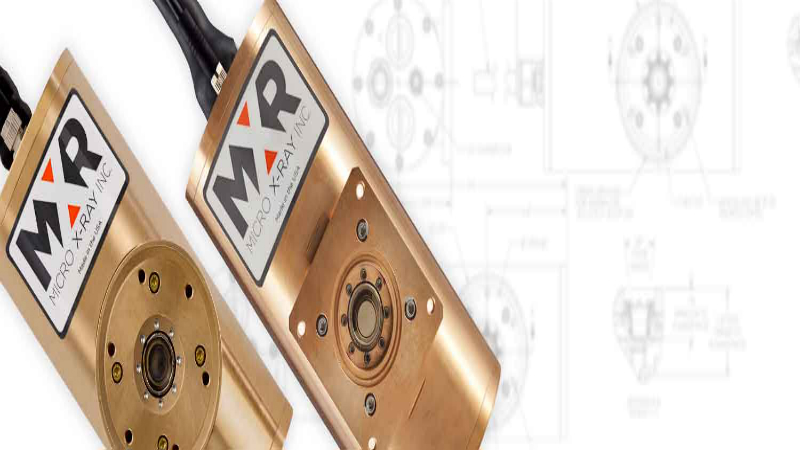It’s obvious that home brewing has made it big in the US – and with that popularity comes the need for an extensive knowledge base for new brewers to tap into. One specific piece of information on safety and brewing that homebrewers need to be aware of is the importance of metal and metallurgy when brewing at home.
Home brewing can be an extremely exciting hobby. You’re not just learning about chemistry and biology – you’re making a product, and with a little knowledge and experience, it’ll be a delicious, or maybe even an award-winning one at that! Home brewing as a trend has grown massively over the last few years. The Internet has made it possible for homebrewers all over the world to easily communicate and share tips and brewing experiences.
The growth is obvious. As per the DNJ, a group started in 2005 with just a few members, has quickly grown to over a hundred active users, with more users communicating through Facebook. The American Homebrewers Association, as per an infographic on Ohio.com, has shown a 10 percent growth rate from 2013 to 2014, which is an ongoing trend. Furthermore, there was a 24 percent increase in sales of beginner brewing kits.
To these beginners, metallurgy and the relationship between metal and alcohol is important. So here’s what you need to know:
Safety First
Homebrewers are typically adults, for good reason; the process of prepping for brewing requires a healthy understanding that any purchase is a fine balance between cost, maintenance, and performance. You don’t want the most expensive products but you also do not need cheap or inferior products.
But in home brewing, there’s something else that really needs to be taken into consideration: safety. The main area of safety to consider in home brewing is corrosion and its negative effects.
Corrosion most commonly occurs either when a metal is exposed to an acid, or when it oxidizes. A Corrosion happens because a metal reacts with another radically different mineral and the presence of a conductor – your brew – creates an ionic reaction that begins an oxidizing process that eats away at the metal.
Another concern is leeching. Brass valves are common in homebrewing, but they can contain lead – and this lead can make its way into your brew, which is unhealthy . However, there is a stronger and more durable solution available to your valve needs, in the form of products like the stainless steel ball valve ½ inch. Providers like Stainless Steel Ball Valves can alleviate many common homebrewer concerns regarding lead and corrosion.
This is because not all metals corrode equally. Gold is famously impervious to most natural forms of corrosion, and soluble only in an especially powerful acid, whereas magnesium and zinc corrode almost violently at the right temperatures and conditions.
So, next time you’re considering an upgrade or change to your brewing system, take into consideration how your existing metals interact with each other, and how it may be affecting your brew, and which options will work best for you in the future.






